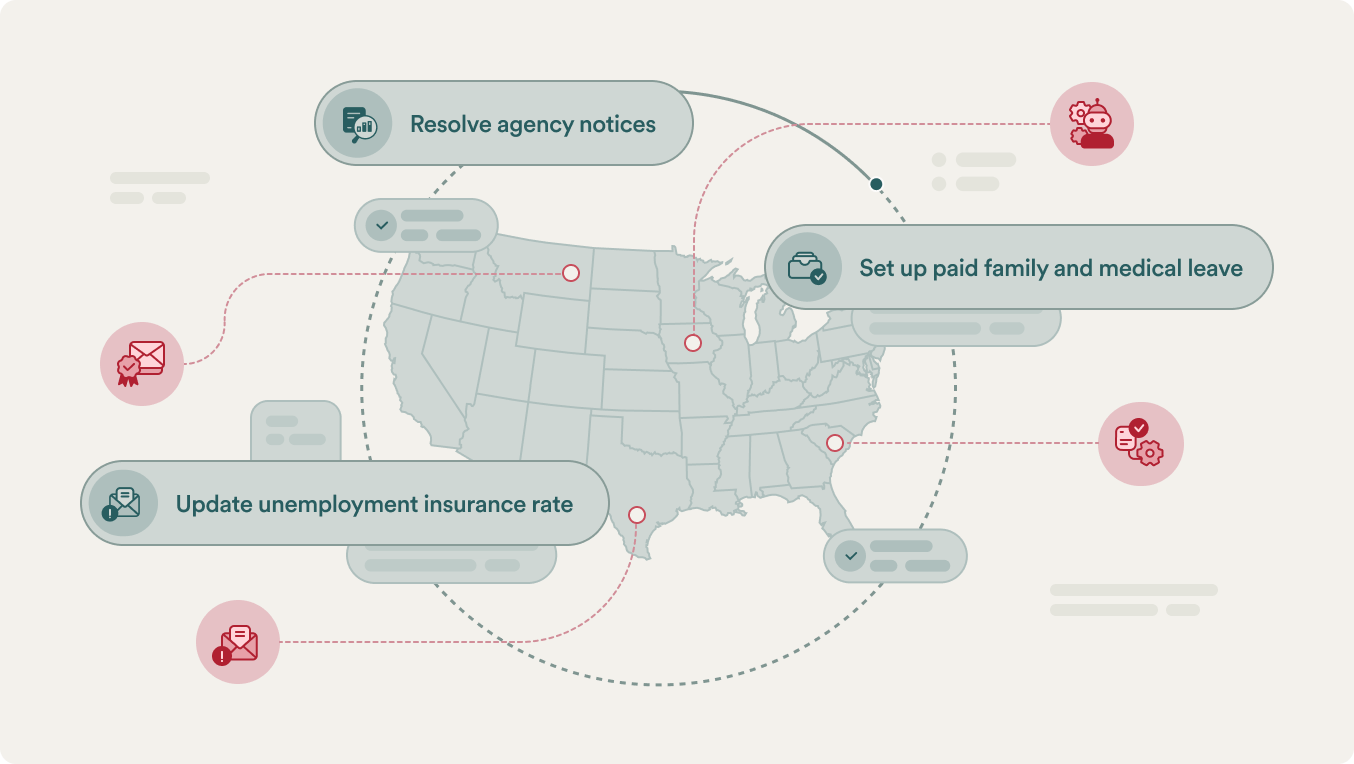If you are an employer in Bedford Heights, Ohio, it is important to be aware of the local payroll tax requirements for businesses operating in the city. These requirements may include registering your business with the city and withholding a certain percentage of your employees' wages for local taxes.
How to Register for Payroll Tax in Bedford Heights
Bedford Heights, Ohio Local Withholding Tax Setup for Professional Corporation, LLP, LLC, Corporation
Employers must register with the Ohio Regional Income Tax Agency (RITA) to withhold income tax from the qualifying wages of employees working within Bedford Heights, even if they are remote.
- Complete Registration Online
Create a RITA MyAccount, if you haven't already done so, to register for Bedford Heights withholding tax. Select "Withholder" as the tax type.
- Add Municipality to RITA MyAccount
Log in to your RITA MyAccount and click "Add Municipality" to add Bedford Heights withholding tax to your account.
Documents and Resources
- Bedford Heights Special Notes and Tax Documents - Regional Income Tax Agency
- Forms and Instructions - Regional Income Tax Agency




